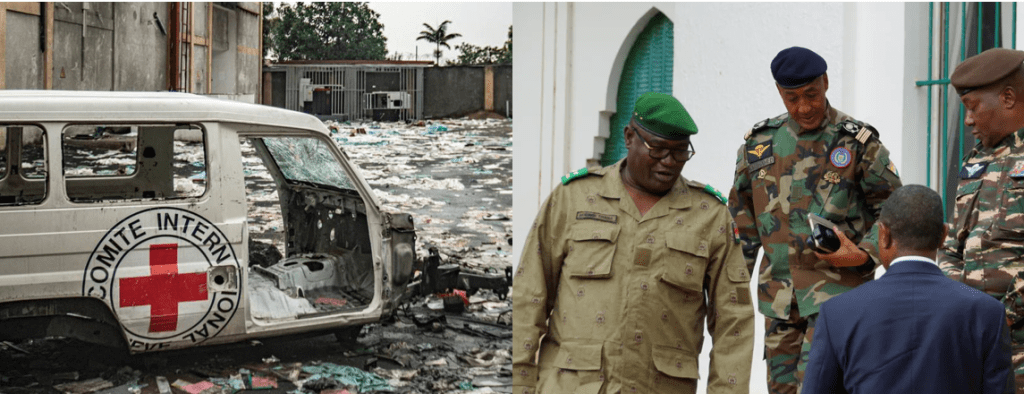Red Cross officially departs Niger four months after expulsion

The International Committee of the Red Cross (ICRC) has closed offices in Niger and their foreign staff have left the country, four months after the ruling military junta ordered their expulsion with minimal explanation, according to the Associated Press.
On June 5th, the ICRC’s regional director for Africa, Patrick Youssef, made a statement announcing the closure, saying that “we reiterate our willingness to maintain constructive dialogue with the authorities of Niger with a view to resuming our strictly humanitarian protection and assistance activities.”
The ICRC is not the only aid organization that has been banned from the country- the French group ACTED and their Nigerian partner APBE were similarly shown the door in November of 2024.
These reforms Niger’s military junta are carrying out are not limited to humanitarian groups or NGOs. Since the 2023 coup when the junta took over leadership, there has been broader pullback away from western institutions.
According to the Associated Press, Niger has turned to Russia for security, and is pulling away from France and the United States. These actions are reflecting the stronger focus in Niger’s foreign affairs policy on national sovereignty.
The ICRC was first ordered to leave on February 6th of this year, but Niger’s Foreign Affairs Ministry did not give clear reasoning as to why the group was ordered to close their offices and leave the country.
Maghrebi reported on this back in February, quoting the Interior Minister General Mohamed Toumba as having said that the government found “many NGOs are involved with the partners who are waging war against us… through the support they often give to terrorists,” although this was the extent of the explanation.
Recently on May 31st, Niger’s military junta leader, Abdourahamane Tchiani, expanded on the above by accusing the ICRC of having met with “terrorist leaders” and funding armed groups.
The ICRC refuted these claims on June 5th, saying that in order to carry out its humanitarian mandate, having dialogue with all sides in the conflict is necessary. This was followed by a statement that it “never provides financial, logistical, or any other form of support” to armed groups.
According to the ICHR, they have provided humanitarian aid to over 2 million people in Niger, primarily by helping those who have been displaced by the violent conflict, food insecurity, and natural disasters.
Associated Press/Maghrebi
Want to chase the pulse of North Africa?
Subscribe to receive our FREE weekly PDF magazine












